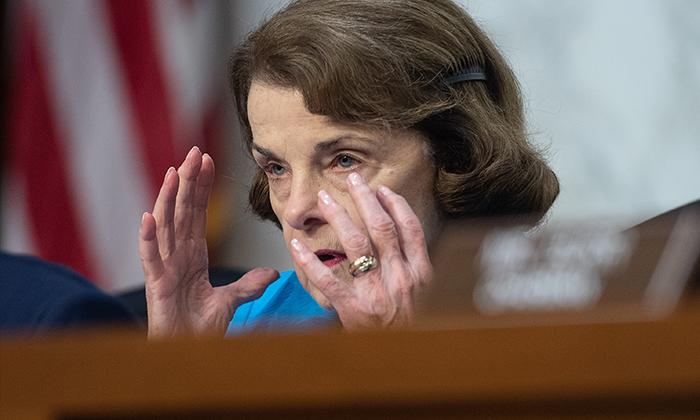Commentary
The late smear of Brett Kavanaugh by Sen. Dianne Feinstein (D-Calif.) is bringing disgrace to the U.S. Senate, and her own weakness is to blame.

The late smear of Brett Kavanaugh by Sen. Dianne Feinstein (D-Calif.) is bringing disgrace to the U.S. Senate, and her own weakness is to blame.